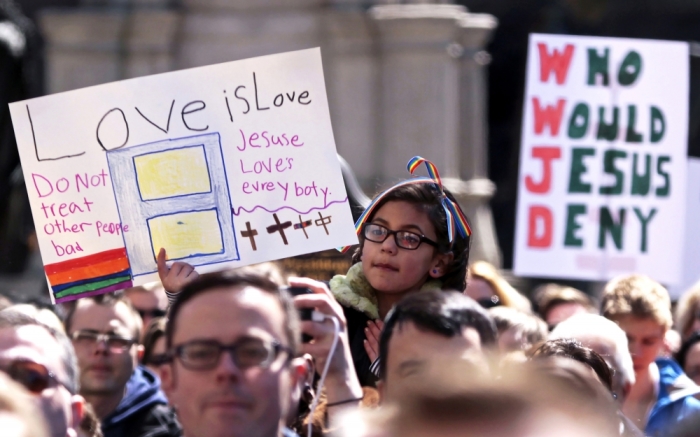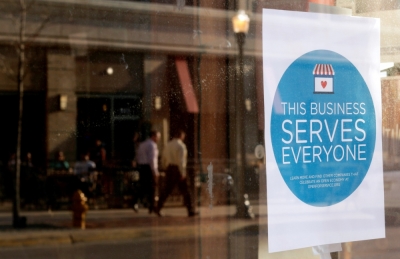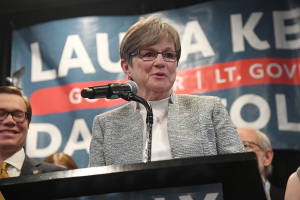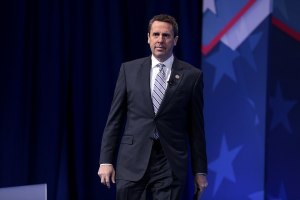Analysis: 3 Confusing Parts of the Religious Freedom Restoration Act Explained

Much confusion has been created due to the misinformation coming from mainstream media sources about the Religious Freedom Restoration Act. Here are answers to three questions that many are raising due to that confusion.
Q: Is the Indiana RFRA (before it was amended) different than the federal RFRA?
A: In wording, there are some differences, but substantively they are the same.
First, Indiana specifies that RFRA covers not only individuals but associations of people, such as organizations and corporations. Even though this is not spelled out in the federal RFRA, federal law has long recognized that people do not lose their civil liberties when they enter into associations with other people, even if that association is for the purpose of making money. The U.S. Supreme Court confirmed this principle again last summer when it upheld the religious freedom of a for-profit closely-held corporation, Hobby Lobby.
(Since the language is unnecessary, Arkansas lawmakers dealt with the manufactured controversy by simply eliminating it from their state RFRA.)
Second, the Indiana law specifies that the government does not have to be a party in the suit for someone to claim a religious freedom violation under RFRA. Here again, federal law has long recognized that civil liberties protect citizens from government action, regardless if the government is a party in the suit.
The U.S. Supreme Court case of New York Times v. Sullivan, for instance, is considered one of the most important cases for Freedom of the Press, but the government was a not a party in the suit.
The reason Indiana added the language specifying that the government does not have to be a party in the suit is that the New Mexico Supreme Court threw out a RFRA case involving a photographer who refused to photograph a same-sex wedding, arguing that RFRA only applies if the state is a party in the suit. This demonstrated the necessity to be specific, because even state Supreme Court justices can be ignorant about civil liberties jurisprudence.
Q: Why are conservative Christians asking states to pass RFRA now?
A: Conservative Christians have long been among the strongest supporters of RFRA. There is also growing concern now because gay marriage supporters have demonstrated a desire to use government coercion against gay marriage opponents.
The federal RFRA was passed in 1993 with support from a broad coalition, including conservative Christians and many other religious groups. In 1996, the U.S. Supreme Court ruled in Boerne v. Flores that RFRA does not apply to state law. So many states, with encouragement from conservative Christians, began passing state-level RFRA's. Before Indiana, 19 states had already passed their own RFRA, and another 11 states had the same state-level RFRA protections from court rulings.
Since passage, there have been few RFRA cases. One high profile case involved a Christian family. The Obama administration tried to force the owners of Hobby Lobby to pay for drugs that could cause an abortion. Most of those making RFRA claims, however, have been small religious sects.
While Christians have long been strong supporters of religious freedom for non-Christians, there has been a heightened interest recently in their own freedom due to the manner in which certain LGBT activists have aggressively targeted Christians opposed to gay marriage.
In recent cases, for instance, a Washington florist and Oregon bakers have declined to provide their services for same-sex weddings due to their religious convictions. As a result, they are not only being put out of business, but they have had fines imposed that will lead to personal financial ruin. If a politically powerful group is committed to using government power for the personal destruction of people who hold a particular religious viewpoint, that religious group will, naturally, desire greater assurance of their religious freedom protections.
Q: Does RFRA allow businesses to deny services to gays?
A: RFRA does not determine the outcome of any particular case, but it has never been used to deny services to gays.

RFRA guides courts on how to decide religious freedom claims. It says that the government can infringe upon someone's religious freedom, but only if there is a compelling government interest to do so and if the government used the least restrictive means to advance that interest.
Courts have long recognized that there is a compelling government interest in keeping public accomodations open to the public. Plus, business owners haven't even tried to close their doors to gays, even where it's already legal to do so, regardless of RFRA.
In the cases of the aforementioned wedding vendors, they are not denying service to gays, they are declining to serve a same-sex wedding. They have not declined to make floral arrangements or to bake a cake for any other circumstance. It is the use of their art in celebration of an event that is in violation of their religious beliefs that they are opposing.
In these cases, there is no guarantee that their religious freedom would be protected under RFRA. (Oregon and Washington do not have a RFRA.) No wedding vendor has successfully used RFRA to decline service for a gay wedding. RFRA would, however, provide them an opportunity to present their religious freedom claims to a court.





























